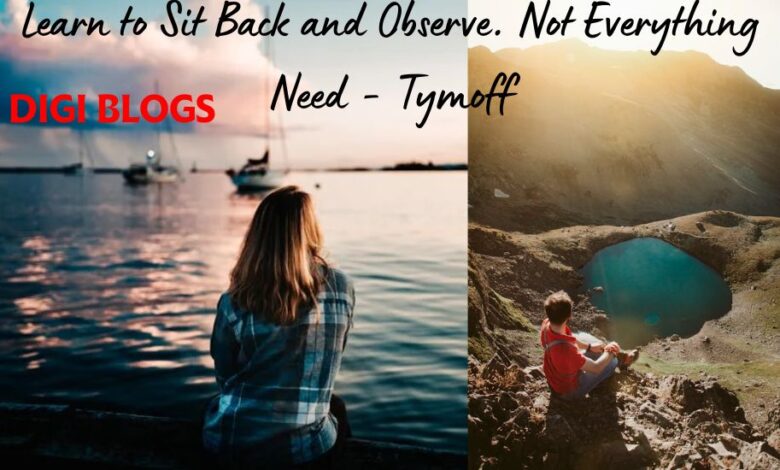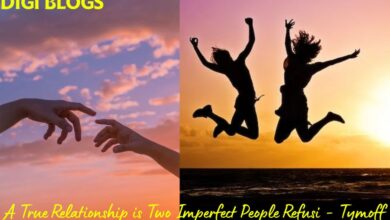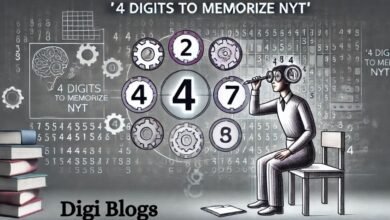Learn to Sit Back and Observe. Not Everything Need – Tymoff: A Guide

In today’s fast-paced world, where immediacy is often prized above all else, the philosophy of “Learn to Sit Back and Observe. Not Everything Need – Tymoff” offers a refreshing counter-narrative. This principle champions the value of observation, mindfulness, and strategic thinking as essential tools for navigating the complexities of modern life. Through this article, we explore the multifaceted dimensions of this philosophy, uncovering the profound impact it can have on personal growth, decision-making, and emotional well-being.
Table of Contents
ToggleThe Essence of Mindful Observation
At the heart of “Learn to Sit Back and Observe. Not Everything Need – Tymoff” lies the practice of mindful observation. This concept advocates for a deliberate pause in our reaction to events and situations, encouraging us to absorb and understand our surroundings and internal cues before taking action. Mindfulness and meditation are identified as key practices that foster this state of heightened awareness, enabling individuals to experience life more fully and with greater clarity.
Strategic Thinking Through Observation
The philosophy extends beyond mere mindfulness, emphasizing the importance of strategic thinking. By adopting a more observant stance, individuals can gain a broader perspective, identifying patterns and potential challenges ahead. This bird’s-eye view allows for more informed decision-making and planning, thereby enhancing the effectiveness of actions taken in both personal and professional realms.
Balancing Action with Reflection
“Learn to Sit Back and Observe. Not Everything Need – Tymoff” also speaks to the balance between action and reflection. It suggests that while engagement with the world is necessary, there is immense value in the wisdom gained from periods of observation and contemplation. This balance is crucial for personal fulfillment, allowing individuals to navigate their lives with a sense of purpose and intentionality.
The Role of Patience and Continuous Learning
Patience is another cornerstone of this philosophy, underscoring the understanding that not all situations require immediate response. Embracing the learning process inherent in every experience, individuals are encouraged to view life’s challenges as opportunities for growth. This mindset fosters resilience and a deep appreciation for the journey of self-discovery and development.
Cultivating Meaningful Relationships
By prioritizing observation over overreaction, one can deepen their connections with others. Attuning to the nuances of communication and emotion, this approach promotes empathy and understanding, strengthening relationships and enhancing emotional well-being. The philosophy underscores the significance of being present and mindful in interactions, leading to more fulfilling and authentic connections.
Navigating the Digital Age Mindfully
In an era dominated by digital communication and information overload, “Learn to Sit Back and Observe. Not Everything Need – Tymoff” calls for intentional breaks and digital detoxes. By stepping back from the constant influx of stimuli, individuals can regain balance and perspective, essential for maintaining mental and emotional health in the digital age.
Conclusion: The Transformative Power of Observation
“Learn to Sit Back and Observe. Not Everything Need – Tymoff” is more than a philosophy; it’s a guide for living more mindfully and intentionally in a world that often values haste over depth. By embracing the principles of mindful observation, strategic thinking, and patience, we can navigate life’s complexities with greater wisdom and inner peace. This approach not only enhances personal growth and decision-making but also deepens our relationships and our understanding of the world around us. In embracing the art of observation, we find a path to a more meaningful and fulfilling life.
In essence, “Learn to Sit Back and Observe. Not Everything Need – Tymoff“ serves as a timely reminder of the benefits that come from adopting a more reflective stance towards life. As we integrate these practices into our daily lives, we unlock the potential for profound personal transformation and a deeper connection with the world around us.
FAQs on Learn to Sit Back and Observe. Not Everything Need – Tymoff:
What is the main Idea behind Learn to Sit Back and Observe. Not Everything Need – Tymoff?
The main idea is to emphasize the importance of taking a moment to observe and reflect before reacting to situations. It advocates for mindfulness, strategic thinking, and patience, suggesting that these practices can enhance decision-making, personal growth, and relationships.
How can practicing mindfulness help according to the philosophy of “Learn to Sit Back and Observe. Not Everything Need – Tymoff”?
Practicing mindfulness helps by fostering a state of heightened awareness and presence, enabling individuals to fully experience the moment without judgment. This can lead to clearer thinking, reduced stress, and an enhanced appreciation for life’s experiences.
How does “Learn to Sit Back and Observe. Not Everything Need – Tymoff” suggest balancing action and observation?
The philosophy suggests finding a delicate balance between taking action and observing. While engagement and action are necessary, taking time to observe can provide valuable insights and wisdom, leading to more effective and meaningful actions.
What role does patience play in “Learn to Sit Back and Observe. Not Everything Need – Tymoff”?
Patience is crucial as it allows for the natural unfolding of events, reducing the likelihood of hasty, ill-considered decisions. It encourages viewing challenges as opportunities for growth and learning, fostering resilience and a deeper understanding of life’s processes.
How can digital detoxes enhance the practice of Learning to Sit Back and Observe. Not Everything Need – Tymoff?
Digital detoxes can mitigate the effects of information overload and constant connectivity, promoting mental and emotional well-being. By taking intentional breaks from digital devices, individuals can regain balance and perspective, making space for observation and reflection in the digital age.




